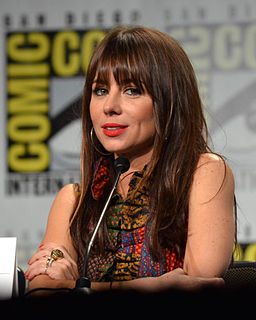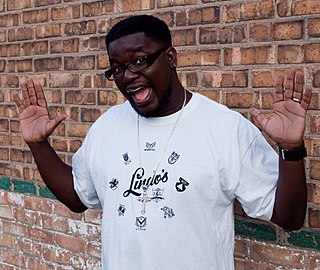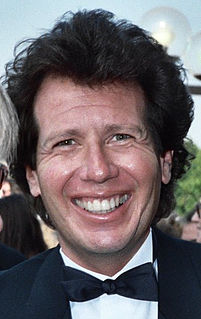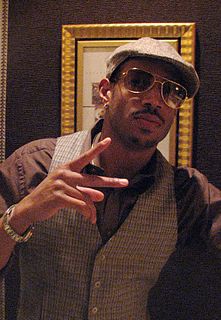A Quote by Chuck Palahniuk
I've always thought stand-up comedians were the oral storytellers of our time, because they know rhetoric, they know delivery, they know timing, they know all of these things that you can only learn by telling a story out loud and interacting with an audience.
Related Quotes
How little we know of what there is to know. I wish that I were going to live a long time instead of going to die today because I have learned much about life in these four days; more, I think than in all other time. I'd like to be an old man to really know. I wonder if you keep on learning or if there is only a certain amount each man can understand. I thought I knew so many things that I know nothing of. I wish there was more time.
I loved working in stand-up, and I always dreamed that I could make a movie about it. I didn't know if I would have the courage to, because if you make a bad movie about stand-up, then comedians will mock you for the rest of your life. They're still mad about movies made 25 years ago. But it was always a dream of mine, and I was glad I finally came up with an idea that allowed me to explore it in such a way that it's not all about stand-up, but stand-up creates a great backdrop for another type of story.
These are two different exercises. One of them is, "You don't know and I know, so just shut up and listen," and the other one is, you're curious and you're learning, and I have a way where you can learn this so you'll know it as well. And when you know it, and know why you know it, then you don't have to reference me ever again because you take ownership of the knowledge, and you can then share it with someone else.
McCarthyism and Trumpism are very different. They stand for very different things, but the technique of the big lie, smearing and telling lies, you know, McCarthy was doing that. At the time, the media, Democrats, and Republicans were all paralyzed - not all, but most of them were paralyzed. They didn't know how to deal with this.
You learn timing on the road. You learn structure and how to read an audience. You learn so much about the business of laughter that you can't learn on a set, because it's all on you. Sometimes you bomb, and you know not to tell that joke again... You just hope people find the humor in the awkwardness.
I am not agnostic. I am atheist. I don’t think there is no God; I know there’s no God. I know there’s no God the same way I know many other laws in our universe. I know there’s no God and I know most of the world knows that as well. They just won’t admit it because there’s another thing they know. They know they’re going to die and it freaks them out. So most people don’t have the courage to admit there’s no God and they know it. They feel it. They try to suppress it. And if you bring it up they get angry because it freaks them out.
The problem with most failing businesses is not that their owners don?t know enough about finance, marketing, management, and operations - they don?t, but those things are easy enough to learn - but that they spend their time and energy defending what they think they know. My experience has shown me that the people who are exceptionally good in business aren?t so because of what they know but because of their insatiable need to know more.
I myself, as I'm writing, don't know who did it. The readers and I are on the same ground. When I start to write a story, I don't know the conclusion at all and I don't know what's going to happen next. If there is a murder case as the first thing, I don't know who the killer is. I write the book because I would like to find out. If I know who the killer is, there's no purpose to writing the story.
I couldn't have articulated this process at the time; I just sort of did it instinctually. But now when I talk about this with my students all the time, it's one of the first things I address in memoir classes - that you have to put it all in because you're writing your way into the ending of your own story. Even if you think you know what the story is, you don't until you write it. If you start leaving things out you could leave out vital organs and not know it.






































